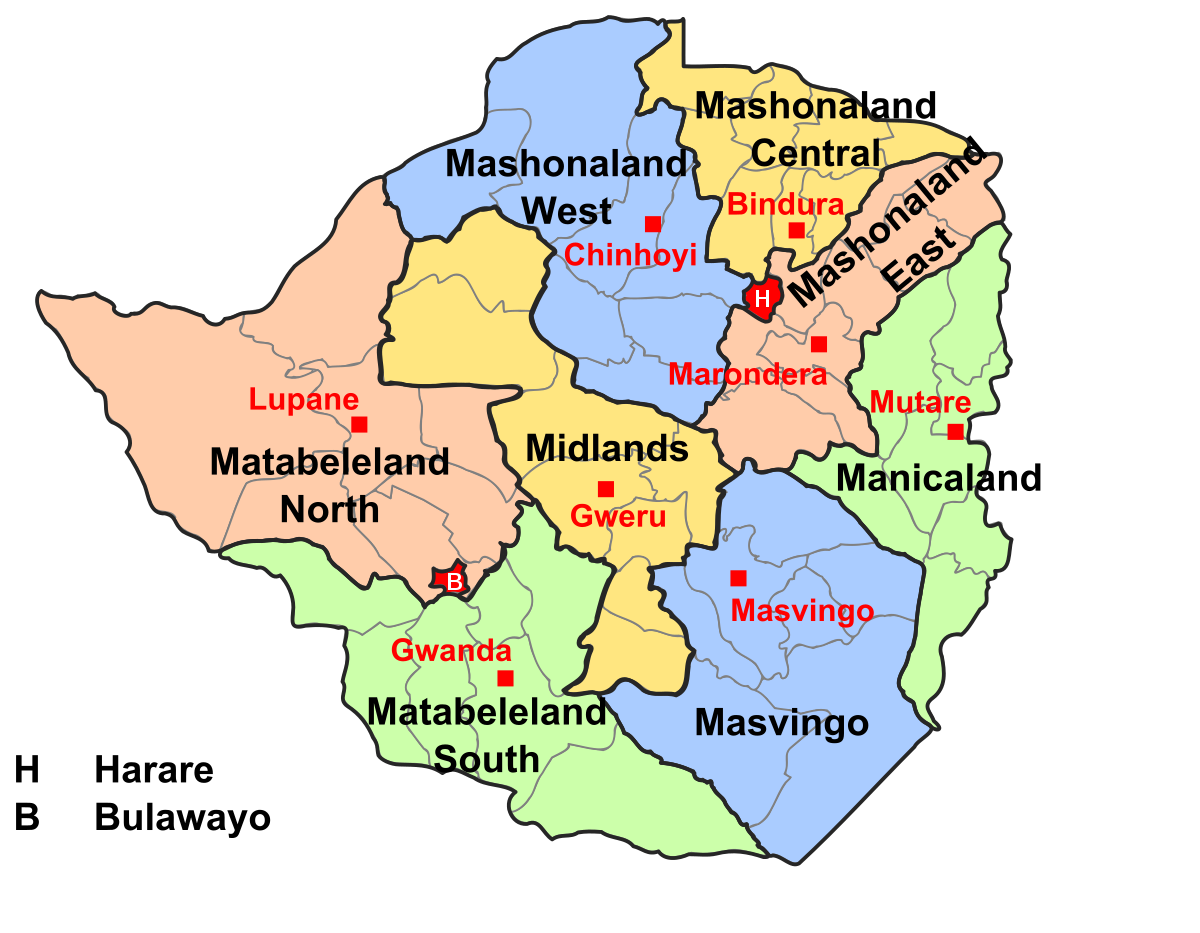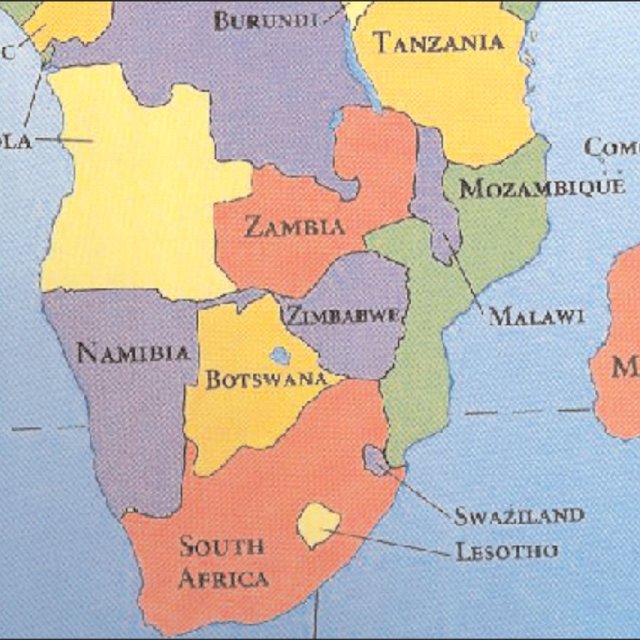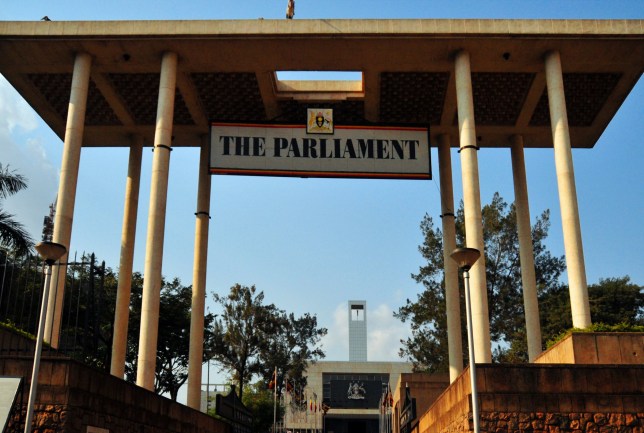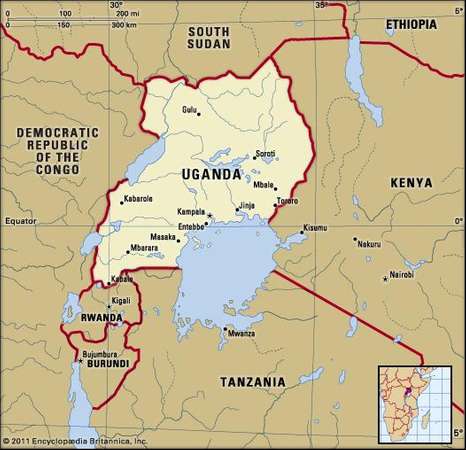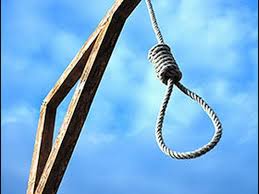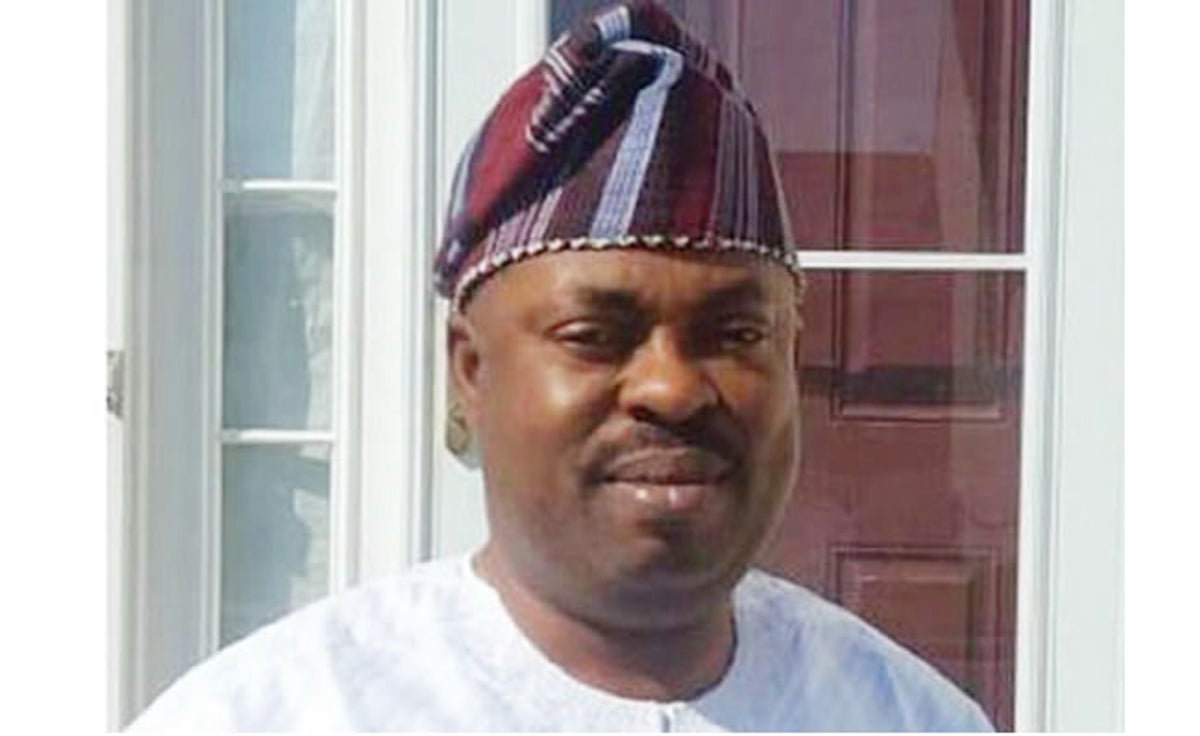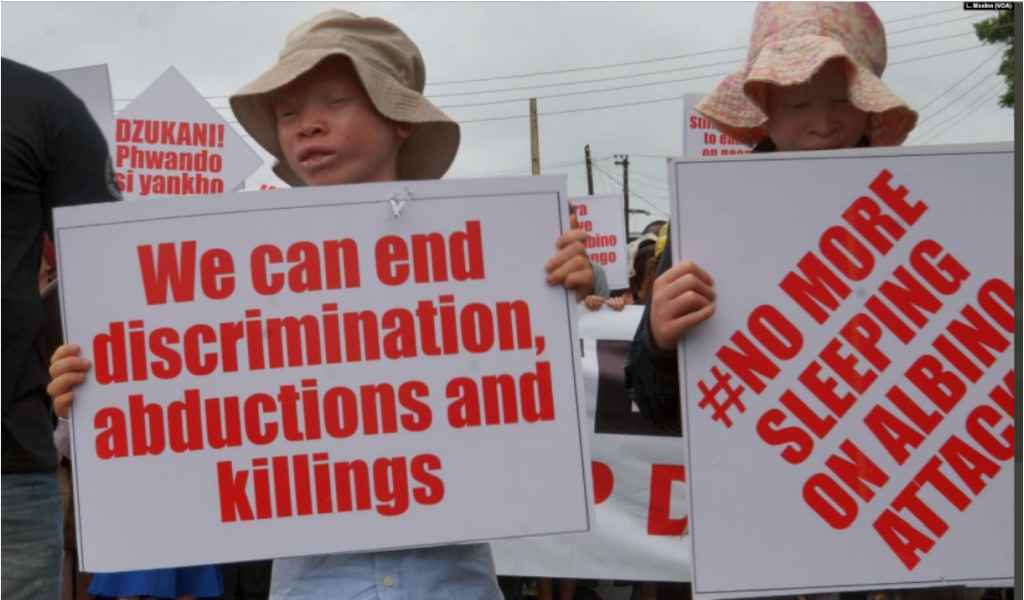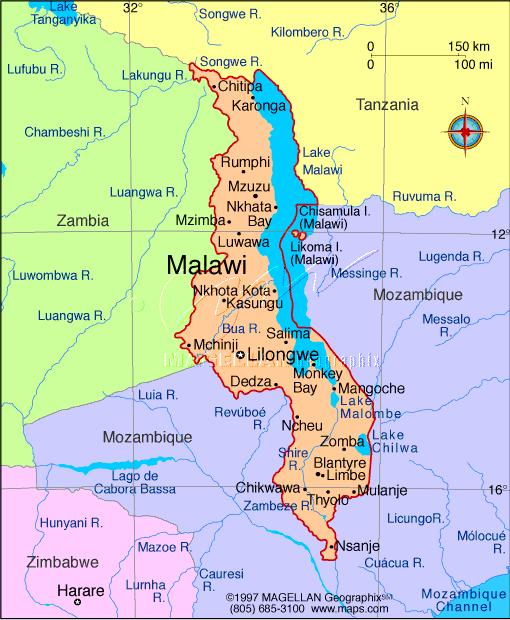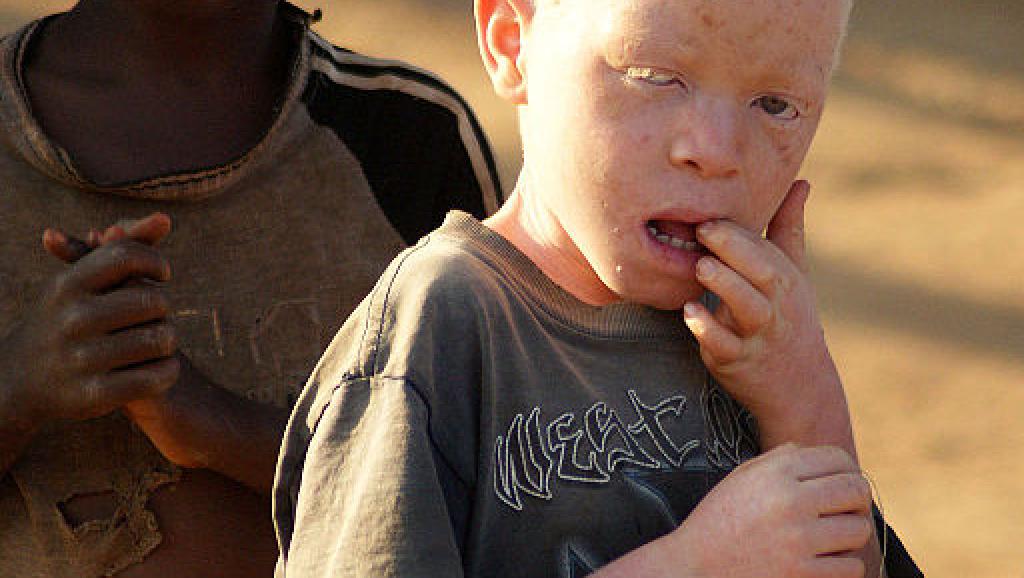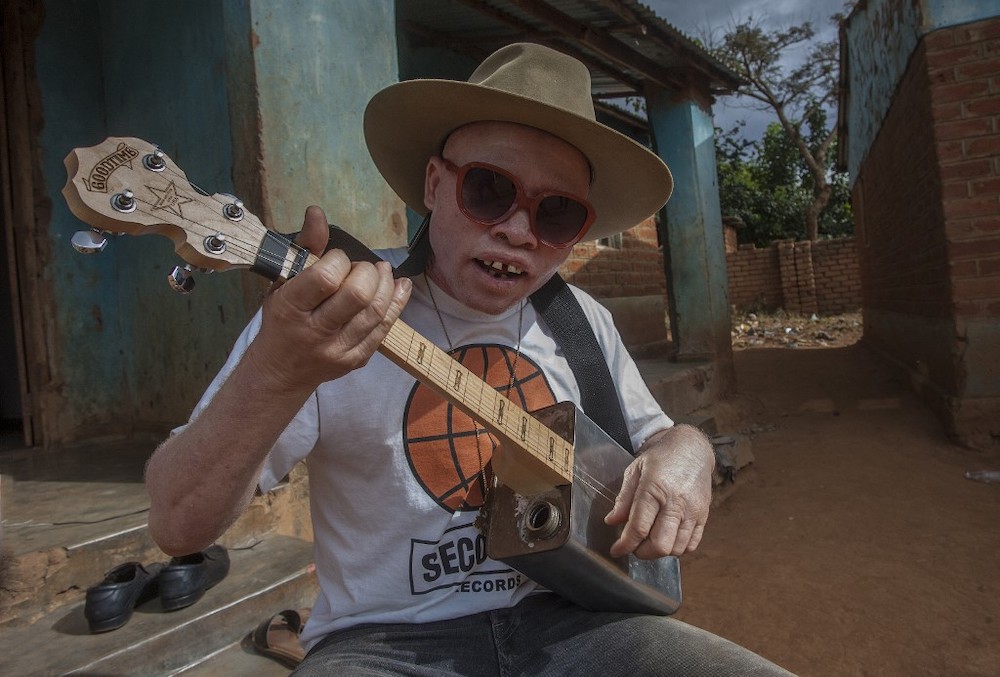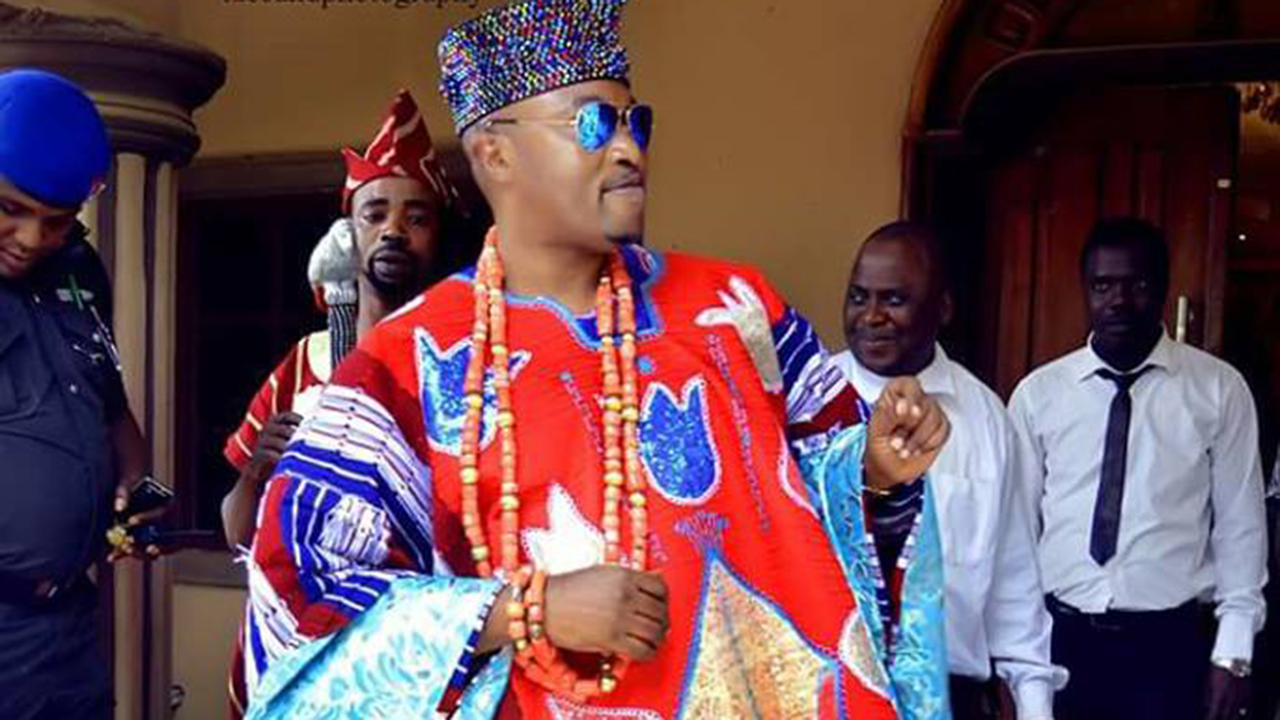A recent surge in ritual murders of children has shocked Zimbabwe. Within a short period, three children were murdered for ritualistic purposes: Tapiwa Makore (7) of Murehwa and the two Benza cousins Delan (7) and Melissa (7) of central Mutasa. I have extensively covered the murder of Tapiwa. The following days I will provide more details about the murder of Delan and Melissa.
The child sacrifices have led to many reactions. One of these comments follows here. It contains a plea for tougher measures for the culprits, even the capital punishment. There is much to say about (and against) the death penalty but let us know focus here on the editorial comments.
To be cont’d.
(webmaster FVDK)
EDITORIAL COMMENT : Combined effort needed to thwart ritual murders
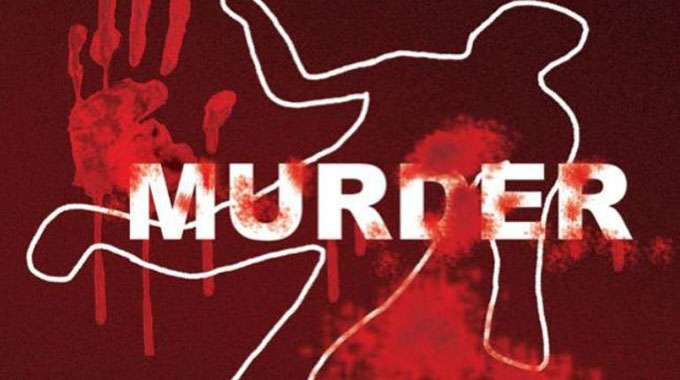
Published: April 27, 2021
By: The Herald, Zimbabwe
The murder of three children for what appears to be ritual purposes in just seven months is a worrying dark cloud over Zimbabwe and requires action at both community level and among a number of sections of society.
These are not the first such killings, perhaps just the best publicised for some time since the victims were all seven-years-old and the police moved swiftly and effectively to track down the suspects, with other family members among those arrested and remanded.
There is a superstitious belief among a minority that killing a child or another young person in a particular way, which can be equated to torture before the murder, and then processing certain body parts in a set-down manner will create, increase and maintain wealth.
This is nonsense, and with the competent homicide investigations now in progress it must be becoming obvious that initiating such a killing is totally unlikely to bring anything, but a very long jail sentence for the killers.
Although the death penalty is still on the books for aggravated murder by an adult man, and aggravating circumstances do not come more aggravating than pre-meditated murder of a child for financial gain, the fact remains that Zimbabwe does not implement death penalties any more, and instead life imprisonment is substituted.
There are already many positive developments that can help to end this practice of ritual killings. It is now clear that communities are willing to take action, rather than quiver in fear and keep quiet.
People are not afraid to stand up and be counted and are willing to pass on whatever information they have to the police.
In fact one of the major problems now in such investigations is that some are passing on confusing fifth-hand hearsay, which still needs to be properly investigated, rather than hard fact of what they saw. But homicide detectives are trained to separate the chaff from the hard fact, and better that too many try and help than too few.
A second problem is more serious, and has already been mentioned by legislators, including recently Senator Michael Nyambuwa who visited the Mutasa families.
We need investigations to be pursued to bring the person who gave the ritual advice and who might well have promised to process any body parts.
Even if they did not initiate the killings, and accept some sort of lie when organs are presented, they are still involved in a murder and can be tried as an accomplice.
N’angas still have a lot of respect and are feared by some, so it can be difficult to get a name, let alone evidence.
Obviously the actual killers believe in the powers of the n’anga they are using; even in the days when the killers were hanged they refused to give the name and walked silently to the gallows.
Here communities need to encourage people to come forward. There will be a lot of vague and wrong information, but police can then run down the leads. The point is that a person ready to apply their traditional learning to criminal purposes cannot be totally unknown in an area.
The Zimbabwe National Traditional Healers Association can also become more involved, first by teaching very clearly that such killings do not create wealth, only misery, and then encouraging people to come forward.
In fact traditional healers in a particular area might well have a better idea of which one of their number has turned to the dark side than the average lay person, and should be encouraged to pass on this information.
Traditional leaders, who have already made their abhorrence of such crimes very clear, can also go further in prevention, as well as doing what they do now by calling on their communities to assist after a crime.
The ideal is to have a murder trial with both the killers and the n’anga who offered advice all in the dock, with sufficiently good evidence that all can be convicted and then go to jail together.
Detectives chosen for such investigations might need to be carefully selected; there is still a significant number of superstitious people, and even some Christian churches who worry about the creativity of evil, although this is a heretical belief in mainstream Christianity.
Such severely aggravating murders also stress the need for Zimbabwe to upgrade its sentencing laws for murder, now that we have effectively abandoned the death penalty as an active punishment.
The reforms need to give judges setting sentences more discretion, and as we have argued before we need a system of parole.
In his latest clemency order, the President, with Cabinet consent and what must have been detailed advice, in effect set 15 years behind bars as the absolute minimum for a life sentence. This is not unreasonable and is the effective minimum period of incarceration in many jurisdictions for an “ordinary” murder.
However, countries that have formally abolished the death penalty and substituted life imprisonment usually allow the sentencing judge to make a recommendation over the minimum term in each case.
In most cases this is whatever the standard is in that country before parole can be considered, frequently 15 years.
But where there are aggravating circumstances the judge can set a longer minimum term before release can even be considered and, in exceptionally aggravating circumstances, can even call for a “whole life” sentence, or “life imprisonment without any possibility of parole”, as some American states word it.
Because the killer is not executed this can always be adjusted later if perceptions change or new evidence emerges, but meanwhile the deterrent is in place.
A parole system also means that a released lifer is monitored for the rest of their lives, forbidden to do certain jobs, enter certain businesses and possess anything on a list of prohibited items, such as anything that could be used as a weapon.
And parents clearly need to be protective. This is always difficult, of deciding where do you draw the lines. But one general rule is safety in numbers and having older children helping to shepherd younger children.
We have all seen gaggles of schoolchildren who live near each other moving as a group and automatically having some older teenagers in that group.
Admittedly a lot of this breaks down, as in the latest two cases, when relatives are suspected to be involved, people who are normally trusted.
But every bit helps and at least there are witnesses if a child is whisked away by an uncle or aunt.
That is precisely how the police made their initial arrests in the latest two child killings, by following up reports from people who saw something that in retrospect needed to be told.
Source: EDITORIAL COMMENT : Combined effort needed to thwart ritual murders
